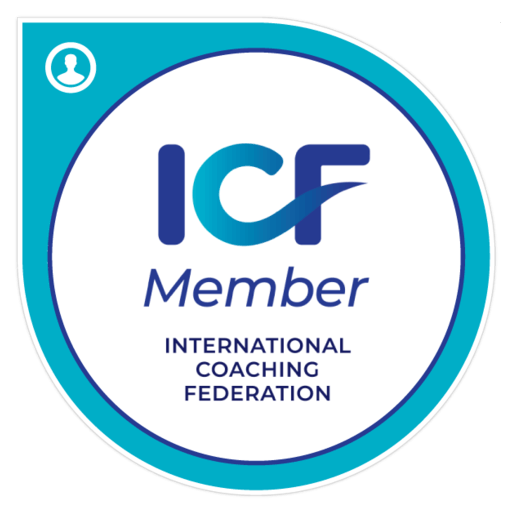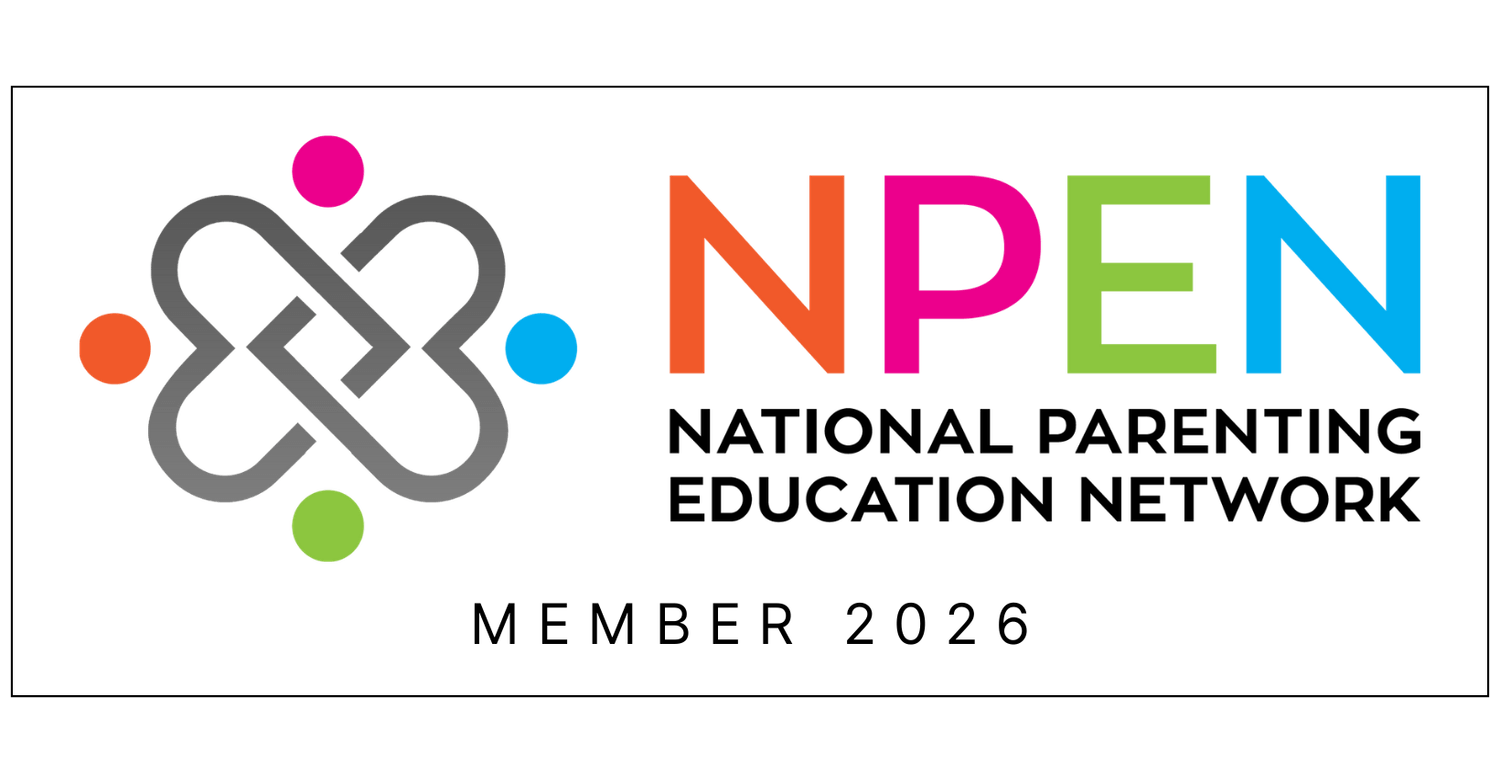The Power of Conscious Parenting: Transforming Relationships with Our Children Through Connection
Note: This post may contain affiliate links. If you purchase a product through one of these links, you won’t pay anything extra, but I will get a small commission, which helps keep this blog going. Thank you for supporting Your Conscious Parent Community!
In the hustle and bustle of daily life, parenting can often feel like a series of tasks to be accomplished: meals to prepare, activities to coordinate, and bedtime routines to enforce. However, conscious parenting invites us to shift our focus from simply getting through the day to building deep, meaningful connections with our children. By embracing principles like self-reflection, presence, nonjudgment, patience, empathy, and self-care, we can transform our relationships with our children and create a nurturing environment where they can thrive.
Key Principles of Conscious Parenting
Self-Reflection
Conscious parenting begins with self-reflection. This means taking the time to understand our own emotions, triggers, and behaviors. When we are aware of our internal state, we can respond to our children with intention rather than reacting impulsively. Self-reflection allows us to recognize patterns from our own upbringing that may be influencing our parenting style, enabling us to make conscious choices that better serve our children.
Connected Presence
Being present with our children means giving them our full attention. This doesn’t mean being with them 24/7 but rather making the moments we do spend together count. Presence fosters connection, making our children feel valued and understood. Whether it’s listening to their stories, engaging in play, or simply sitting together, these moments of connection build a strong foundation for a healthy parent-child relationship.
Nonjudgment
Approaching parenting with nonjudgment means accepting our children as they are, without labeling their behaviors as good or bad. This fosters an environment where children feel safe to express themselves. It also means being kind to ourselves as parents, understanding that perfection is unattainable, and mistakes are opportunities for growth.
Slowing Down
In our fast-paced world, it’s easy to rush through our days. However, slowing down allows us to be more patient and responsive. Patience gives us the space to understand our children’s needs and behaviors better. By slowing down, we can appreciate the small moments and be more attuned to the present, fostering a more relaxed and harmonious family environment.
Empathy
Empathy involves understanding and sharing the feelings of another. In parenting, empathy helps us connect with our children on a deeper level. It allows us to see the world from their perspective, validating their emotions and experiences. Empathetic parenting builds trust and security, essential for a child’s emotional development.
Self-Care and Self-Compassion
Taking care of ourselves is crucial for effective parenting. Self-care replenishes our energy and well-being, enabling us to be more present and patient with our children. Additionally, practicing self-compassion—being kind and understanding towards ourselves, especially when we've made a mistake—models these behaviors for our children, teaching them the importance of self-love and resilience.
The Transformative Power of Connection
Bedtime Connections
Bedtime in my household used to be a relatively straightforward affair. My five-year-old daughter would follow the routine, and before we knew it, she would be asleep. However, there came a time when this routine started to unravel. She became unusually rambunctious and had difficulty settling down after the lights were off. At first, I found this change perplexing and somewhat frustrating, as it disrupted the smooth flow of our evenings.
One night, instead of sticking strictly to the routine, I decided to try something different. After completing the usual bedtime rituals—brushing teeth, reading a story, prayers, singing songs and tucking her in—I stayed with her in the darkened room for a few extra minutes. I began asking her about her day: "What was your favorite part of today?" and "What was the hardest part of your day?" These questions seemed simple, but they opened up a new space for connection.
To my surprise, she began to share little details about her day that she hadn’t mentioned earlier. Sometimes, she would talk about a fun game she played at school, while other times, she would express worries or fears that had been bothering her. This small act of connecting through conversation brought a noticeable change. Bedtime stopped being a tricky, tumultuous time and became a moment of bonding and reflection.
Through these nightly chats, I realized that my daughter needed more than just a routine—she needed a connection. This simple adjustment transformed bedtime from a stressful task into a cherished part of our day. It reminded me that even in those sticky parts of the day, like bedtime, adding a touch of connection can make a world of difference.
Conclusion
Conscious parenting is not about achieving perfection but about fostering a deep, meaningful connection with our children. By practicing self-reflection, being present, approaching parenting with nonjudgment, slowing down, showing empathy, and taking care of ourselves, we can transform our relationships with our children. These principles guide us to respond with intention and love, creating a nurturing environment where our children can thrive.
Through small acts of connection, whether during bedtime, morning routines, or any other part of the day, we can make a significant impact on our children’s emotional well-being. The power of conscious parenting lies in these moments of connection, where we show our children that they are seen, heard, and loved. By embracing this approach, we not only transform our relationships with our children but also nurture their growth into confident, compassionate, and resilient individuals.
Support for the Journey: Transformational Parenting Program
Parenting can feel overwhelming, but you don’t have to do it alone. The Transformational Parenting Program is designed to empower parents with tools to understand and address their child’s needs at a deeper level.
Over 6 weeks, we explore:
Nervous system regulation for you and your child.
Attachment-based approaches to parenting.
How to hold boundaries with empathy and confidence.
Tools for understanding and addressing your child’s unique behavior.
Through personalized coaching and a supportive community, you’ll feel equipped to navigate big emotions and challenging behaviors with compassion and clarity.
Cohorts begin each quarter or you can go at your own pace. Join us and transform your parenting journey from reactive to intentional. Learn more here!

Hi there, I'm Kayla!
I am an accredited coach and I'm passionate helping parents have more confidence, connection and joy in parenting!
My background in education, Interpersonal Neurobiology, and Somatic Trauma Healing, along with my years living abroad, give me a unique perspective to support you to break generational cycles and experience your vision for your family.
JOIN MY MAILING LIST





